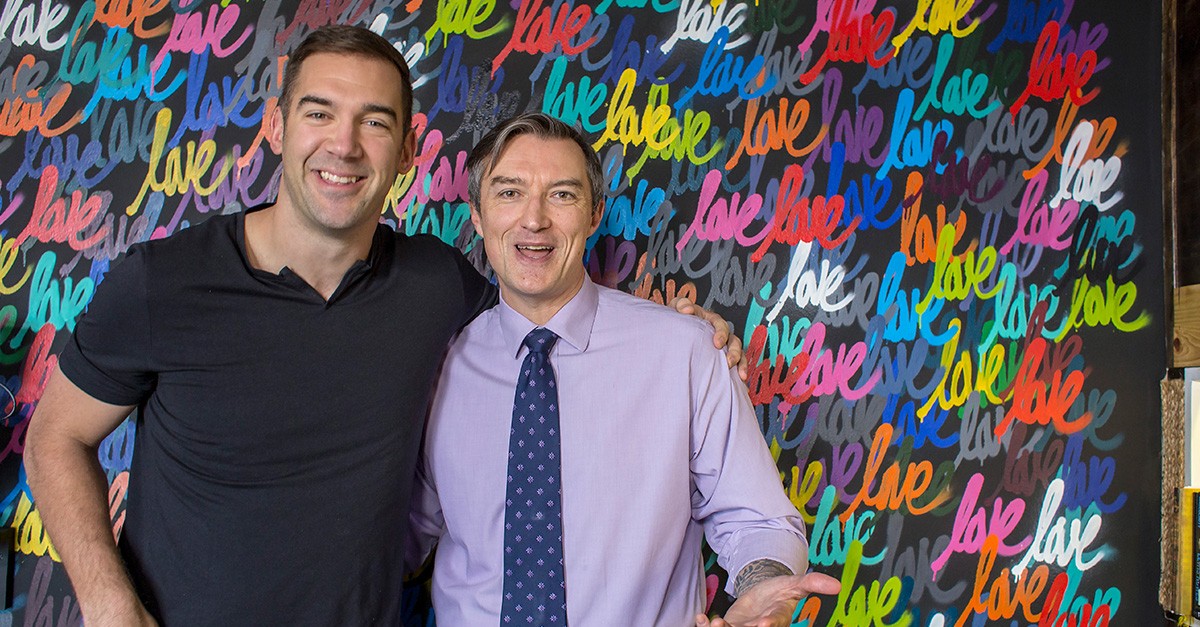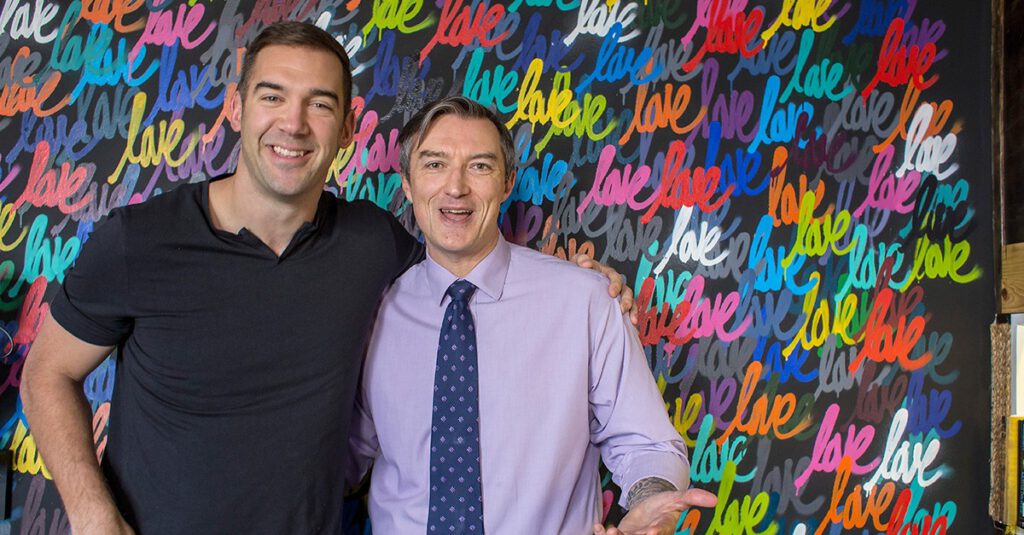Marriage is something that is so important to people. In fact, you probably thought about what your wedding would be like as a child.
When people go into a marriage they think so much about their venue, their cake, their guest list — but they never really think about what they are signing up for.
Marriage is, legally, one of the most important things you can do. You are signing away half of your life.
And there’s nothing wrong with that – if it’s the right person.
On this episode of The School of Greatness, I brought on someone who knows so much about people being with the wrong person and how to set yourself up for a great marriage: NYC divorce attorney James Sexton.
James has intentionally focused his practice on divorce and family law since his graduation from Fordham Law School. In addition to his Juris Doctorate (Law Degree) he has a Master of Arts degree from New York University where he focused his graduate research on the areas of persuasive speech and propaganda studies.
To top it all off, James is the author of the incredibly informative book on marriage, If You’re in My Office, You’re Already Too Late.
On this episode he discusses how a lot of people rush into a serious relationship without ironing out all of the details. He shares the insights he’s learned from thousands upon thousands of failed marriages.
And he shared why he still believes marriage is a good idea.
Learn all of the inside secrets to creating a successful marriage, on Episode 626.
Some Questions I Ask:
- Have there been any clients that were going to get a divorce then decided not to? (9:28)
- What is the technology of marriage? (10:35)
- What training would you want people to go through before getting married? (17:12)
- How long were you married for? (23:24)
- Do you feel like when marriage gets rough that they should throw in the towel or work through it? (27:36)
- What are the most important things to find out about your spouse before getting married? (32:08)
- When a couple is disconnected, what can they do to reconnect? (35:32)
- What are the top 3 reasons people get divorced? (38:56)
- What’s the best way to handle financial stress? (40:47)
- What is the real reason people cheat? (45:48)
- What does the government dictate in a marriage? (56:47)
- Would you ever get married again? (1:05:21)
- Is there a marriage you’ve seen that you admire a lot? (1:13:23)
In this episode, you will learn:
- Why people tell more to their lawyers than their therapists (7:29)
- The real failure rate of marriages (13:16)
- What inspired James to write his book (20:45)
- When one client realized her marriage was over (30:02)
- The thing James loves about divorce law (34:36)
- The best thing people can do to solve their problems (38:15)
- The history of marriage (42:00)
- How to keep your sex life satisfying (49:54)
- The importance of a prenup (1:00:18)
- James’ marriage advice to his kids (1:11:06)
- Plus much more…
Connect with:
James Sexton


